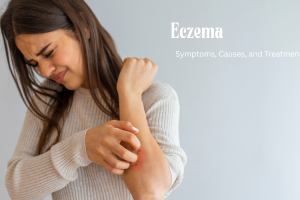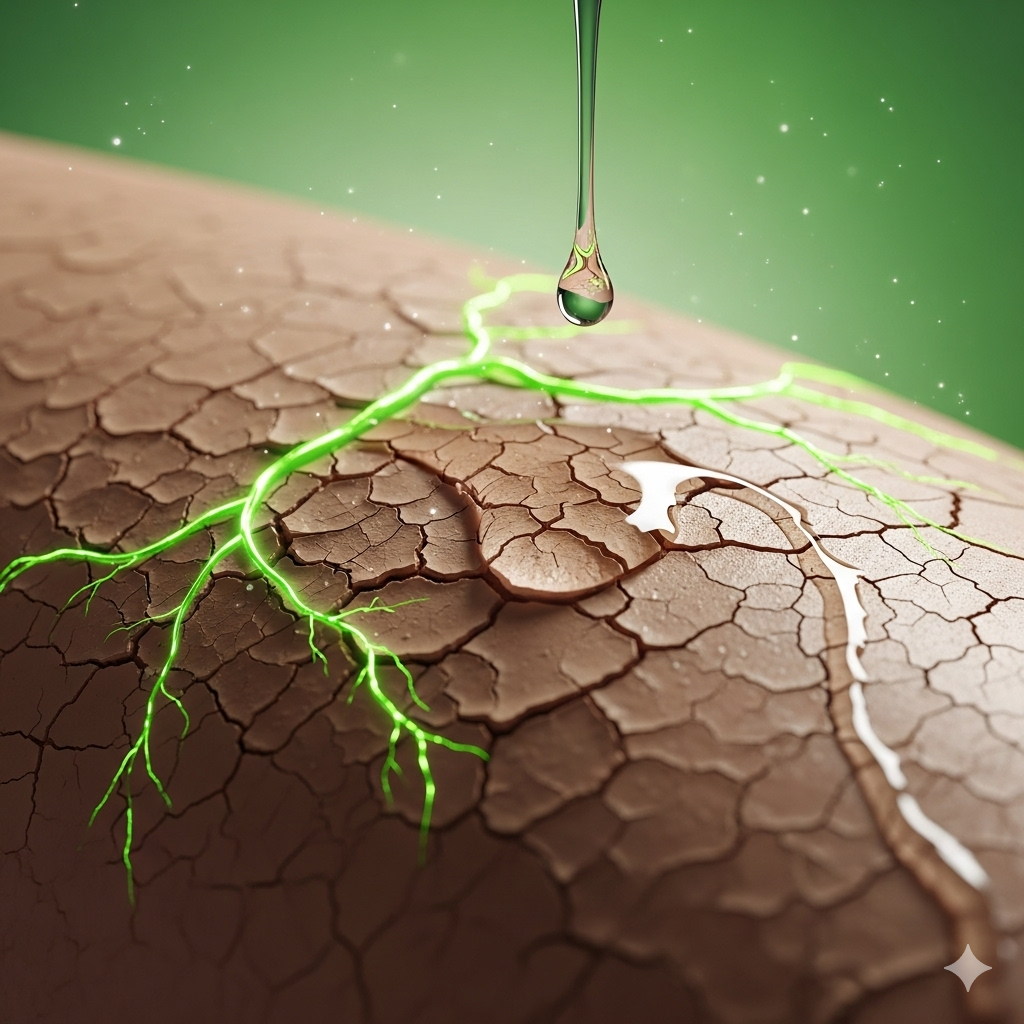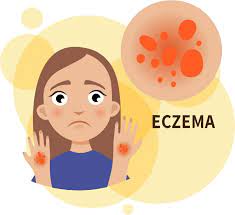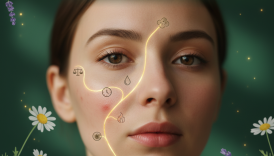What is Eczema? Symptoms, Causes, and Treatment

Eczema is a common skin condition that causes dryness, itching, and inflammation. Although it can affect people of all ages, it is especially common among children. Unlike many skin diseases, eczema is not contagious, meaning it cannot be transmitted from one person to another.
- What is Eczema? Symptoms, Causes, and Treatment
- What Causes Eczema?
- Common Symptoms of Eczema
- Eczema Treatment: What Helps?
- How to Prevent Eczema Flare-Ups?
Dermatology studies show that 1 in every 5 children may experience eczema at some point in their lives. While the exact cause is not fully known, experts agree that a weakened skin barrier plays an important role in its development.

What Causes Eczema?
There is no single cause of eczema. Instead, multiple factors can trigger or worsen the condition:
- Genetic predisposition
- Unhealthy lifestyle
- Use of unsuitable skin and cosmetic products
- Seasonal changes
- Stress and a weakened immune system
- Allergens and environmental triggers
- Air pollution
- Nutritional deficiencies
Common Symptoms of Eczema
Eczema may appear differently depending on the individual, but the most common eczema symptoms include:
- Dry and itchy skin
- Redness and inflammation
- Skin infections and sensitivity
- Thickened or rough patches
- Wounds caused by scratching
These symptoms often worsen with stress, exposure to irritants, or seasonal changes.
Eczema Treatment: What Helps?
Eczema treatment focuses on reducing symptoms and improving skin health. Depending on the severity, dermatologists may recommend:
- Topical creams, lotions, or ointments to soothe itching and reduce inflammation
- Steroid-based topical treatments for severe cases
- Moisturizers to strengthen the skin barrier
- Medicated shampoos for scalp eczema
In addition to medical treatment, lifestyle adjustments and proper skin care are essential for long-term management.
How to Prevent Eczema Flare-Ups?
While eczema cannot always be fully prevented, following these tips can significantly reduce flare-ups:
- Moisturize your hands and skin regularly
- Avoid direct contact with detergents and harsh cleaning chemicals
- Choose cotton or natural fabrics instead of synthetic ones
- Wash hands with lukewarm water instead of very hot or cold water
- Minimize stress as much as possible
- Eat a balanced diet rich in vegetables
- Avoid handling raw vegetables and fruits with bare hands
Eczema is a skin condition that can affect daily life, but with the right treatment and preventive care, its symptoms can be managed effectively. If you experience persistent itching, redness, or inflammation, consult a dermatologist to find the best treatment plan for your skin.





